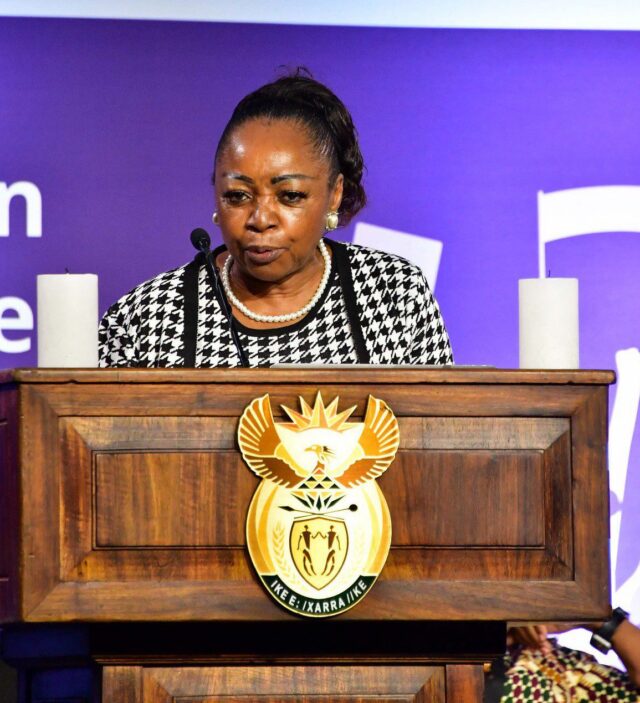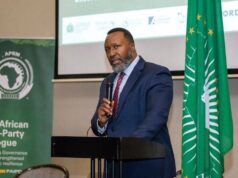Women empowerment remains a necessity and central to government aspired socio-economic development, says Public Service and Administration Deputy Minister, Dr Chana Pilane-Majake.
The Deputy Minister was speaking at the three-day Public Service Co-ordinating Bargaining Council (PSCBC) Women Empowerment Programme held in Mogale City, on Wednesday.
“When one considers all the critical aspects and challenges that women are still facing in the workplace, homes and society in general, there is no denying that women empowerment remains a necessity and central to our aspired socio-economic development as a country.
“It is a fundamental requirement to afford women a decent, self-sufficient and sustainable life partly because the 1954 Women’s Charter, which was reviewed and adopted in 1994, calls for a society whereby women are free from the gender-based prejudices and discriminations that rob women essential rights and human dignity.
“It is plausible that the PSCBC has adopted women empowerment as an integral part of its strategy, over and above its vision of promoting labour peace in the public service. The subject of women empowerment was one of the intensely deliberated upon concerns at the Public Service Summit earlier this year – raising alarm about the need to urgently develop interventions in this regard within the public service,” she said.
The Public Service Summit culminated in a declaration that outlined important aspects of which some the PSCBC has already begun executing.

Some of the important aspects are:
- The need to recognise the role of women, youth and people with disabilities in the workplace,
- Providing the necessary support to allow for equal opportunities and eradication of practices of discrimination, harassment, and victimisation,
- Recognising the role of women in being the primary caregiver of their families through the implementation of a basic childcare policy, and
- The recognition of the International Labour Organisation Convention 190 (ILO C190) on Violence and Harassment.
According to the Deputy Minister, these outlined aspects of the Summit Declaration are in-line with the United Nations’ Sustainable Development Goal Five (SDG 5), which emphasises the need for gender equality and the empowerment of women.
The SDG highlights the need to create a conducive environment for women to make a meaningful impact in key spheres of society across the globe.

“The labour sector being one of the ideal spheres, it is imperative that we have programmes directed at women empowerment; hence, I earlier applauded the PSCBC for taking this matter serious and actually doing something about it. For PSCBC to kick-start the process of capacitating female negotiators and empowering them to have the confidence to contribute meaningfully and thrive in their respective roles is commendable,’ she said.
South Africa has come a long way in advancing gender equality, developing and implementing strategies for women empowerment. Statistics South Africa’s figures on unemployment as at 2021’s first quarter show that the unemployment rates for males and females were 31, 4% and 34, 0% respectively of these, black African women were still the most vulnerable with an unemployment rate of 38, 3%.
Dr Pilane-Majake said this indicates that much still needs to be done to scale the women empowerment mountain. Government has already established the Department of Women, Youth and Persons with Disabilities to support women empowerment.

The mission of the department is to provide strategic leadership coordinate and conduct oversight on government departments and the country in mainstreaming empowerment programmes on women, youth and persons with disabilities.
The department’s core objective is to ensure that the socio-economic empowerment and rights of women, youth and persons with disabilities are mainstreamed across all sectors of our nation. The Deputy Minister said it is encouraging to witness some sectors of the nation developing and implementing strategic programmes to achieve this goal.
Despite the gains and great strides that have been made over the years in relation to women empowerment, she said everyone must appreciate that there are still prevalent challenges that women in the labour sector are experiencing.









